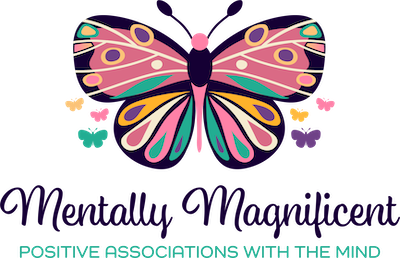Sex is an act that can bring two people closer together and in romantic relationships, it is a special way of expressing connection. When there is no connection in this way, depression can set in or, at the least, stress the relationship. On the other side, depression and stress can contribute to erectile dysfunction. For these reasons, I would like to discuss ways to help manage the body to help decrease this issue.
Here are four considerations for the management of erectile dysfunction
Exercise
When erectile dysfunction comes from a physiological issue, we are talking about issues with blood flow and circulation. If blood flow is decreased to any organ, its function is impacted. Exercise helps to promote blood flow throughout the body including to the sex organs. Increased blood flow is a component that causes an erection. Also, increased exercise can help endorphins in the brain that impact mood if ED is a result of depression.
Sleep
Lack of sleep impacts our body, energy levels, and, our ability to perform. Sleep deprivation can cause tense tiredness that can lead to erectile dysfunction.
Weight loss
Obesity can increase the risk of erectile dysfunction. When a man is overweight, there is an increased risk of heart disease, elevated cholesterol, diabetes, and atherosclerotic disease. All of these conditions contribute to erectile dysfunction.
Stress
Stress and depression contribute to ED. With increased stress comes increased levels of the stress hormone cortisol. With this increase, especially chronically, testosterone, an important male hormone, is decreased. This decrease contributes to erectile dysfunction.
Improving our overall health impacts the body in profound ways. It shows how the mind, body, and spirit a so interconnected.









